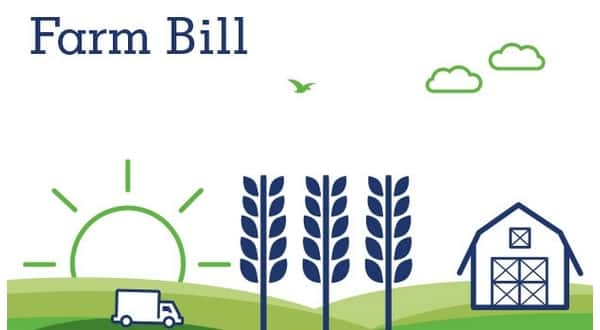
The U.S. 2018 House Farm Bill filed in mid April has stirred opposition from the Arkansas Hunger Relief Alliance. Kathy Webb, Executive Director for the alliance, says their primary concern is the recently released partisan Farm Bill proposal House Farm Bill undermines access to basic nutrition assistance for low-income Arkansans living on the margins.
Webb cites examples saying the bill will require a parent with children ages 7 and 9 to immediately enter a mandatory work training program the moment his or her hours at work are cut. She says it would also require a 58 year old to immediately enter a mandatory work training program the moment he or she receives a pink slip in order to continue to receive benefits.
Webb maintains rather than providing basic, temporary help with food during times of need, this bill will cost tax payers thousands in unnecessary training and administrative costs.
She says much of the federal safety net programs for individuals/families living in poverty and dealing with issues of food insecurity are wrapped up in the Farm Bill. Adoption of a Farm Bill diminishing access to food is a concern for her and the hunger alliance. The Farm Bill, SNAP and other programs for individuals in need is central to the alliance’s mission of building bridges from hunger to hope. Webb goes on to say without these programs the agency’s clients will be at a higher risk of food insecurity, and demands on their services will be strained.
First District Congressman Rick Crawford is a proponent of the Farm Bill. In a statement to KTLO, Classic Hits 101.7 and The Boot news, he says, We need to make certain that SNAPs initial purpose of helping those who need this program most while lifting people out of poverty is being achieved. Farm Bill 2018 ensures this by closing loopholes and guaranteeing a spot in employment training to those enrolled in SNAP.
Webb asserts the reality is most SNAP recipients in Arkansas are children, seniors, people with disabilities or low-wage workers, and on average, each receives just $110 a month to help buy groceries – that’s $1.20 per meal. It’s her opinion the supposed “solutions” put forth in the House Farm Bill proposal are trying to solve problems that don’t exist.
WebReadyTM Powered by WireReady® NSI










